Résumés en anglais de La Revue russe N° 43
Leonid Fišman
Political trends in post-Soviet science fiction
The article surveys the main trends in post-Soviet science fiction. The author identifies two significant theses binding politicised Russian science fiction within the broader social and ideological context of post-Soviet Russia. These are revisionism and revanchism and the article traces their transformation into populist imperial fiction. The author focuses on the problem of large-scale disappointment in post-Soviet society and the representation of this in dystopian writing and “popadancheskaya” fiction.
Artem Goularian
The Evolution of Alternative History in Russian Science Fiction
The production of alternative history has long been a feature of Russian science fiction, echoing social debate on the country’s past and the appropriateness of its present-day political structure. The subjects range from the Time of Troubles to Gorbachev’s perestroika. Of greatest interest are the Civil War and World War II. Attempts to revise the past represent attempts to right presumed historical injustice.
Boris Lanine
The classical tradition and the modern Russian dystopian novel
This article argues that modern Russian dystopian fiction draws upon such well-known classical texts as ‘We’ by Evgeny Zamyatin and ‘1984’ by George Orwell. In the analysis of modern Russian anti-utopian novels by Vladimir Sorokin, Victor Pelevin, Mikhail Yur´ev features of the genre emerge as follows : 1) the impact of a failed utopian project ; 2) a catastrophic event triggers the rise of a new historical order or at least a new order of priorities in envisaging the chronology of events in the past ; 3) an ‘anti-utopian virus’ is spread by a charismatic protagonist 4) ‘utopian’ mythology of body 5) the presence of a border between the utopian world and ‘another’ world ; 6) Big Brother or Benefactor whose presence is felt everywhere ; 7) symbolic representation of devices for maintaining hegemonic control : the ‘Integral,’ ‘Mystery Weapon,’ or ‘Global Shield’ (as in Mikhail Yur´ev’s novel ‘The Third Empire’) ; 8) parody and social satire.
Natalia Logvinenko
Ukrainian Fantastic Fiction in Russian
The article considers the underpinnings of this genre in mythological, utopian and dystopian writing, historical, humorous and satirical science fiction, alternative history, crypto-story, philosophical thriller, the literary fairy tale, speculative fiction, turbo-realism and horror fiction. Considering the most prominent themes – mysticism and fantasy – the authors surveys the works of Marina and Sergey Dyachenko, Dmitryi Gromov and Oleg Ladyzhenskyi, Andrey Valentinov.
Tatiana Kokhanovskaïa et Mikhaïl Nazarenko
The impact of western speculative fiction
on the development of the genre in Russian
Focusing on the period between 1990 and 2010, the authors attribute the changes in this type of Russian fiction to the emergence of numerous books that had been banned by censorship for decades. The post-Soviet texts prioritise fantasy, science fiction, alternative history and horror.
Linguistics
Irina Thomières
The semantic typology of predicative nouns of events in modern Russian
This essay aims to establish the groundwork for a semantic typology of predicative nouns of events in modern Russian. The nine parameters it encompasses account for all nouns of events : time, place, aspect, intensity and participants. The essay moves beyond existing studies on the subject both in terms of its theoretical framework (cf the use of Zellig Harris’s theory) and its methodology (it compiles and describes about 200 semantic classes of events).
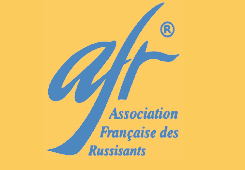
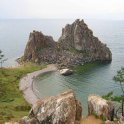
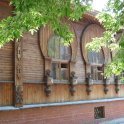
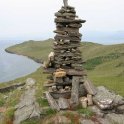

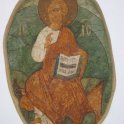
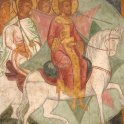
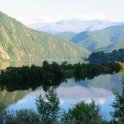
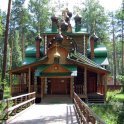
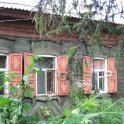
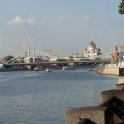

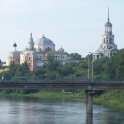
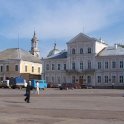
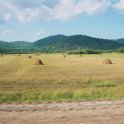
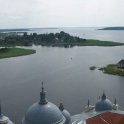
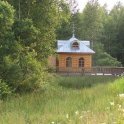
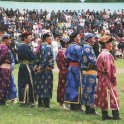
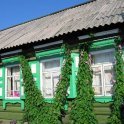
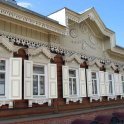
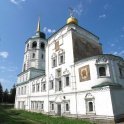
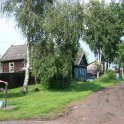
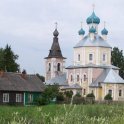
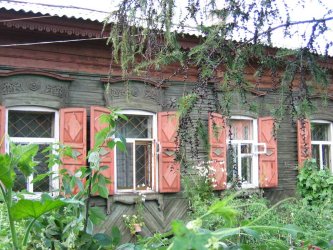
 Sommaire
Sommaire